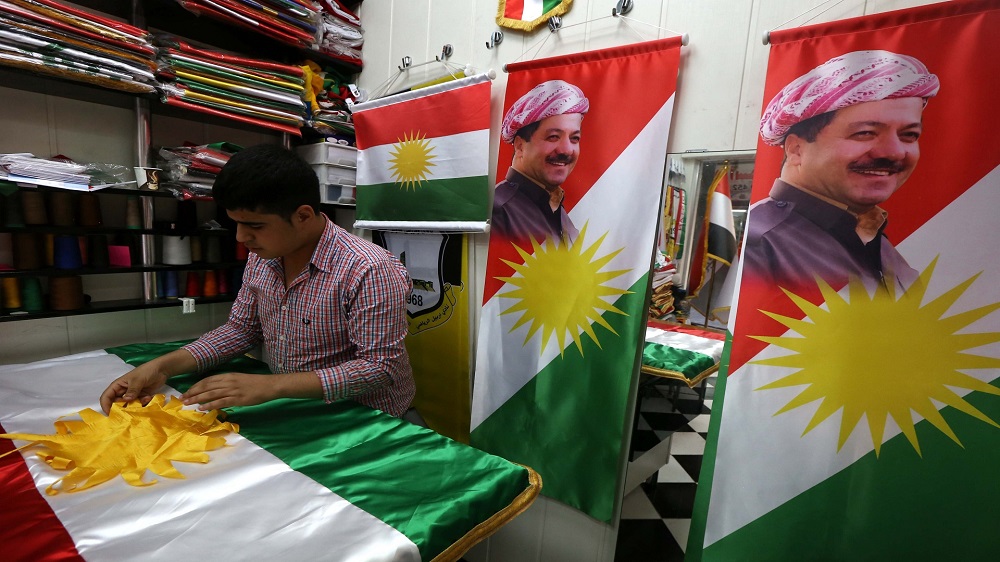The Iraqi Kurdistan Region will hold its contentious independence referendum on September 25 despite misgivings by the United States.
“The date is standing, September 25, no change,” said Hoshyar Zebari, a close adviser to Kurdistan Regional Government President Masoud Barzani.
The US had requested the postponement of the vote.
The US State Department said in June it was concerned that the referendum will distract from “more urgent priorities” such as the defeat of ISIS terrorists.
The timing of the vote has drawn criticism from both the Baghdad and Western governments, due to the ongoing ISIS campaign.
In a telephone call on Friday, US Secretary of State Rex Tillerson said Washington “would want for the referendum to be postponed and that the issues between the Kurdistan region and the federal government in Baghdad should be addressed through dialogue”, Barzani’s office said in an English-language statement.
The Kurdish leader responded that were it to be put off, “the people of the Kurdistan region would expect guarantees and alternatives for their future”.
Some Iraqi Kurdish officials have openly acknowledged that calling the referendum was intended as a bargaining counter in negotiations with Baghdad on other issues.
The Kurdish regional government’s representative in Iran, Nazem Dabbagh, said last month that the Kurds wanted Baghdad to meet their longstanding demand for plebiscites on incorporating other historically Kurdish-majority areas in their autonomous region.
He said they also wanted Baghdad to ratify laws on oil revenues and funding for the Kurdish security forces, known as the peshmerga, who have played a crucial role in the fight against ISIS.
The referendum would in any case be non-binding and is strongly opposed by neighbors Iran and Turkey, which have sizable Kurdish minorities of their own and whose acquiescence is seen as key to achieving a viable separation.
